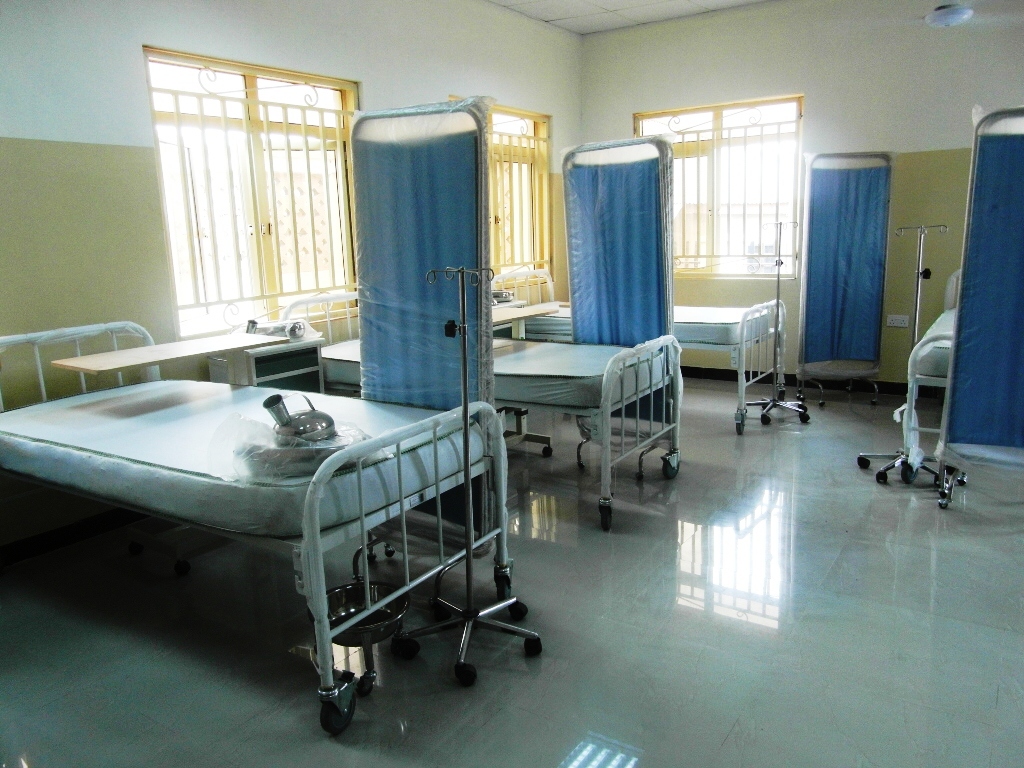Time to check illegal closure of hospitals
Late last year, it was reported that a private hospital in Abuja was allegedly shut down by some radiographers without minding that there were specialist doctors called radiologists? I think that matter is still in the law court. Since those that struck the Abuja hospital went home unhurt, recently our ears were inundated with sad […]


Late last year, it was reported that a private hospital in Abuja was allegedly shut down by some radiographers without minding that there were specialist doctors called radiologists? I think that matter is still in the law court.
Since those that struck the Abuja hospital went home unhurt, recently our ears were inundated with sad news of the closure of another hospital by the National Association of Nigerian Nurses and Midwives (NANNM) in Ogun State. Their reason was that the hospital was training quack nurses. What is the definition of a quack nurse? Are auxiliary nurses that are internationally recognised also among the quack nurses?
Is the NANNM statutorily empowered to regulate the practice of auxiliary nurses? The Act establishing the Nursing and Midwifery Council of Nigeria is meant for the regulation of nurses and midwives in Nigeria and not meant to regulate the activities of auxiliary nurses. The Act states that “nurse” or “midwife” means a person who is registered to practise the profession in accordance with the provisions of this Act (Nursing and Midwifery Registration Act).
The Act never bothered to define auxiliary nursing, the way it did not define other health professions like medicine, pharmacy, radiography, et cetera; hence it has no power over them. In view of this, auxiliary nurses, nursing mothers, nursemaids, nursery nurses et cetera, are not to be regulated by the current Act establishing the Nursing/Midwifery profession the same way the Act establishing the Medical and Dental Council of Nigeria does not allow her to regulate other doctors (like holders of PHD, honorary causa et cetera) who are not medical doctors.
The shortage of medical and dental practitioners led to the training and employment of nurses, midwives, physiotherapists, dispensers, and other persons to perform specialised functions relevant to medicine, surgery and midwifery that are supposed to be exclusively done by the registered fully qualified professionals.
This arrangement can be legitimate only if the non-medically qualified clinicians follow protocols provided by the supervising doctor and if the latter continues to exercise effective supervision over the persons so employed and retains personal responsibility for the overall management of the patients. Any assistant or paramedical professional so employed should be the one registered by his or her appropriate regulatory body.
Auxiliary nursing as a practice falls under what is internationally recognised as Unlicensed Assistive Personnel (UAP). They provide care for patients in hospitals, residents of nursing facilities, clients in private homes, and others in need of their services due to effects of old age or disability.
At times I wonder what constitutes JOHESU’s definition of international best practices. Internationally, nursing assistants or auxiliary nurses are recognised, and that, of course can never be part of their international best practices, but when it comes to fighting to wrest power from medical doctors in our government hospitals, they will remember the so-called international best practices. I must emphasise that the NANNM has no power to close down a hospital. This madness must stop.
Dr Paul John wrote from Port Harcourt
